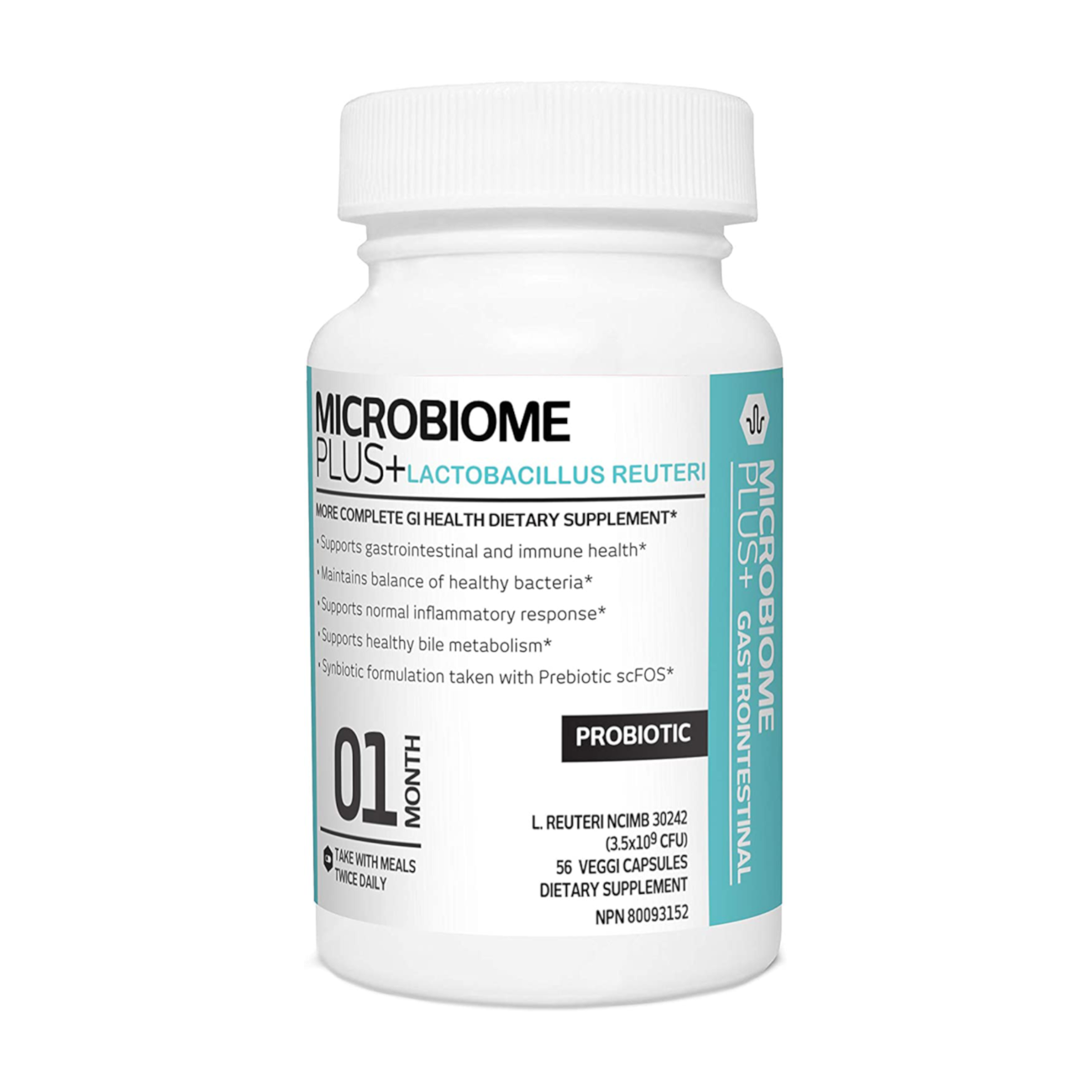CoQ10 is a popular heart health supplement. It’s a bio-nutrient and potent antioxidant studied for supporting heart health, cognitive health, and muscle recovery. Ubiquinol is often marketed as better than ubiquinone, but research suggests otherwise. Read on to understand why ubiquinone tops ubiquinol in most areas, based on the evidence.
Disclaimer: This post is for informational purposes only and is not meant to provide medical advice. Please talk to your doctor about your health concerns and consult them before taking any supplements or making changes to your regime.
Buy our maximum strength high-absorption CoQ10 ubiquinone supplement
What CoQ10 Does
Coenzyme Q10 is an essential vitamin-like nutrient required for good health and vitality (Sood et al., 2024).
Every cell in your body needs CoQ10. Without CoQ10, your mitochondria—your cells’ powerhouses—can’t produce energy.
For this reason, CoQ10 is most densely packed into high-energy organs like the heart, brain, kidneys, and liver.
CoQ10 also acts as a powerful antioxidant that fights oxidative stress, high levels of which have been linked with many chronic diseases and stress. Plus, CoQ10 can regenerate vitamins C and E back to their active forms (Mantle & Dybring, 2020).
Although your body can produce CoQ10, this process can get sluggish.
CoQ10 production takes a steep dive in adulthood and continues to decline with aging. Certain medications like statins (cholesterol-lowering drugs) and conditions like heart disease, neurodegenerative diseases, fibromyalgia, and diabetes also deplete CoQ10 levels (Gasmi et al., 2024).
Supplementing with CoQ10 may help quench oxidative stress due to aging, stress, infection, and certain health conditions (Sood et al., 2024; Sifuentes-Franco et al., 2022).
Summary
CoQ10 is an antioxidant crucial for energy production in cells, especially in organs like the heart and brain. Taking CoQ10 supplements can help maintain overall health and vitality, particularly with age or certain health issues.
Ubiquinol vs Ubiquinone

Key Differences
CoQ10 can exist in two forms: ubiquinone and ubiquinol.
Ubiquinone is the oxidized and more stable form. Ubiquinol is the reduced and more reactive form.
Chemically speaking, “reduced” is the opposite of “oxidized”. It means that ubiquinol is negatively charged and ready to react with other molecules.
Your body can convert CoQ10 from one form to the other, depending on its needs.
Ubiquinone Is More Stable
Many articles talk about ubiquinol being the “active” form of CoQ10 but miss the underlying science. Ubiquinol is, by its nature, unstable. Until recently, it wasn’t even possible to manufacture ubiquinol supplements because of how unstable it is as a molecule (Mantle & Dybring, 2020).
When ubiquinol supplements emerged, it was assumed that they would be better since the body wouldn’t have to go through the “work” of converting ubiquinone to ubiquinol.
However, studies show that ubiquinol is so unstable that most of it is converted to ubiquinol in the gut before it’s even absorbed. That means double the “work”: most ubiquinol is converted to ubiquinone in the gut, absorbed as such, and then converted to ubiquinol in the body later as needed (Mantle & Dybring, 2020).
Crystal Dispersion: the Missing Link
All manufactured CoQ10 chemically exists as lumpy crystals, which are notoriously hard for the body to absorb. These crystals need to be dispersed in a process called crystal dispersion before they are packaged into pills or capsules (Mantle & Dybring, 2020).
Research shows that crystal dispersion is key in increasing the bioavailability of CoQ10. Most CoQ10 supplements are produced using this patented pharmaceutical process (Mantle & Dybring, 2020).
Ubiquinone and Ubiquinol Have Similar Bioavailability
Several studies reveal that ubiquinol has better bioavailability and absorption compared to ubiquinone (Mantle & Dybring, 2020).
A couple of studies reported improved bioavailability of ubiquinol vs. ubiquinone. However, the apparent superiority of ubiquinol was determined against ubiquinone samples that had not been subject to crystal dispersion (Evans et al., 2009; Yhang et al., 2018; Langsjoen & Langsjoen, 2014).
Other studies point out that when ubiquinone supplements are formulated properly, there is no statistically significant difference in bioavailability between ubiquinone and ubiquinol (Vitetta et al., 2018; Singh et al., 2005).
Future studies should compare ubiquinol to ubiquinone in the proper, crystal dispersion form.
Summary
There is no evidence to suggest that ubiquinol has superior absorption or bioavailability to ubiquinone. When properly formulated, ubiquinone is more stable and likely better absorbed than ubiquinol.
Ubiquinone Is Backed by Stronger Evidence
Authors of the recent, ground-breaking Austrian meta-analysis stress that marketing claims of ubiquinol superiority are misleading since there is a lack of clinically relevant trials on ubiquinol (Fladerer & Grollitsch, 2023).
Ubiquinone is more extensively researched than ubiquinol. The vast majority of scientific studies on the health benefits of coenzyme Q10 were conducted using the ubiquinone form. The documented effects and efficacy of coenzyme Q10 primarily apply to ubiquinone, as there are far fewer studies on ubiquinol. That is the bottom-line message of the analysis and what consumers should pay attention to (Fladerer & Grollitsch, 2023).
Ubiquinone Offers Cardiovascular Benefits
In the aforementioned study, scientists screened 238 studies of CoQ10 in total and ended up with 28 eligible ones. After careful analysis, they concluded that evidence supports the use of ubiquinone, not ubiquinol, for its cardiovascular benefits (Fladerer & Grollitsch, 2023).
Analysis revealed that ubiquinone supplementation reduced cardiovascular death in patients with heart failure. This was not reported for ubiquinol.
In addition, concentrations needed to achieve cardiovascular benefits were much lower in ubiquinone than in ubiquinol studies.
Lastly, long-term effects reducing deaths from heart disease were only observed in ubiquinone studies (Fladerer & Grollitsch, 2023).
To wrap up, the authors recommended CoQ10 in the ubiquinone form instead of ubiquinol in people with cardiovascular disease and heart failure.
Ubiquinol May Be a Stronger Antioxidant
Ubiquinol may offer some edge over ubiquinol, but this is still uncertain. For example, scientists found weak evidence potentially supporting the use of ubiquinol over ubiquinone for its antioxidant and anti-inflammatory properties. More research is needed to test these health effects (Fladerer & Grollitsch, 2023).
Ubiquinone Is Better Researched for Fertility
Preliminary research suggests that CoQ10 may have beneficial effects on both male and female fertility. As with heart health, most fertility studies used the ubiquinone form of CoQ10.
Female fertility CoQ10 research is in its early stages and is limited to animal and tissue studies. Ubiquinone has been used in IVF and ovarian aging models to improve egg quality and fertility outcomes (Xu et al., 2018; Ben-Meir et al., 2015; Nie et al., 2023).
In men, ubiquinone CoQ10 supplementation had a positive effect on semen parameters, although randomized controlled trials were few. Most studies used ubiquinone (Salvio et al., 2021).
More clinical studies are needed to establish the effects of different CoQ10 forms on fertility.
Based on the existing data, ubiquinol seems to be a better choice for fertility support than ubiquinone.
Ubiquinone Is More Affordable
Due to marketing hype and a patented, more complicated manufacturing process, ubiquinol is pricier than ubiquinone. Ubiquinol supplements also tend to be unstable and have shorter expiry dates.
Since ubiquinol doesn’t seem to be superior to ubiquinone, you are better off buying a quality ubiquinone product.
Bottom Line: Ubiquinone Tops Ubiquinol
In summary, scientific evidence indicates that ubiquinone is the more stable and better-researched form of coenzyme Q10 compared to ubiquinol. Ubiquinone is also more affordable and shelf-stable, making it a smarter choice for most people looking to boost this powerful antioxidant.
Our CoQ10 Ubiquinone contains 200 mg of ubiquinone in each capsule for maximum efficacy and absorption. To boost the benefits, take your CoQ10 with a meal that has oil or fat in it (consider coconut oil for added cardiovascular support!).
Read Next:
- The Heart Healthy Diet Facts & List of Foods
- Benefits of L. Reuteri for Cholesterol
- 8+ Reasons to Avoid Plant Sterols (Side Effects & Risks)
- How to Keep Your Heart Healthy & Strong

Ana Aleksic, MSc (Pharmacy)
Ana is an integrative pharmacist and scientist with many years of medical writing, clinical research, and health advising experience. She loves communicating science and empowering people to achieve their optimal health. Ana has edited 800+ and written 200+ posts, some of which reached over 1 million people. Her specialties are natural remedies, drug-supplement interactions, women’s health, and mental health. She is also a birth doula and a strong advocate of bridging scientific knowledge with holistic medicine.










